Black-owned cannabis dispensaries and lounges exist across the U.S., but access remains limited. Fewer than 2% of cannabis businesses are Black-owned, and even fewer operate legal lounges due to funding gaps, zoning laws, and licensing red tape.
Where to Find Black-Owned Cannabis Dispensaries & Lounges (2025)
This guide breaks down exactly where you can support verified Black-owned cannabis spaces, state by state. From community-run dispensaries in New York to sovereign lounges in Nevada, we’re spotlighting the real ones pushing equity forward.
Let’s get into it.
Why Dispensaries & Lounges Matter
Dispensaries and lounges aren’t just businesses; they’re power plays. They decide who profits, who leads, and who gets a seat at the table in an industry built on the backs of criminalized communities.
The Stats:
- Black Americans made up 15% of cannabis arrests pre-legalization, but hold less than 2% of cannabis business licenses today.
- Only a dozen or so legal cannabis lounges across the country are confirmed to be Black-owned.
- Social equity licenses exist in 15+ states, but without funding, they often sit unused.
The Culture:
- Dispensaries provide access, but ownership builds generational wealth.
- Lounges offer something deeper: a safe space to consume, connect, and celebrate cannabis without stigma.
- When those spaces are Black-owned, the vibe hits different. It’s not just about what’s on the shelf; it’s about who’s behind the counter, who owns the lease, and who sets the tone.
Cuzzie’s believes equity should be lived, not just legislated. That’s why we spotlight the operators who aren’t just selling weed, but reclaiming the culture.
How to Identify Verified Black-Owned Cannabis Spaces
Not every shop waving a social equity flag is actually Black-owned. In this industry, optics can be deceiving, and some big brands quietly use token partnerships to check diversity boxes without shifting real ownership.
So how do you know who’s legit?
Look for These Signs:
- Majority Ownership: The business is 51% or more owned and controlled by someone who identifies as Black or African American.
- Social Equity Clarity: If they’re a social equity licensee, are they actually from a disproportionately impacted community, or just tied to a shell company?
- Community Receipts: Do they show up locally? Support events? Mentor others? Black-owned businesses often reinvest in their neighborhoods.
- Public Transparency: Verified mentions in local news, cannabis equity directories, or from trusted orgs like MCBA (Minority Cannabis Business Association) or The Parent Company Social Equity Fund.
- Say It with Their Chest: Real Black-owned brands don’t hide it. Look for founders’ stories on their website, social posts, or in-store.
Red Flags to Watch For:
- No founder information available anywhere
- Equity partner buried in a management company structure
- All-white leadership team with a “diverse” face at the register
This guide focuses only on businesses with verified Black ownership, not ones hiding behind legal loopholes.
Because real equity isn’t just paperwork, it’s ownership, impact, and presence.
State-by-State: Black-Owned Cannabis Dispensaries & Lounges
California
Legal Status: Adult-use and lounges permitted (city-dependent)
Equity Support: Exists, but varies widely by jurisdiction
Notable Black-Owned:
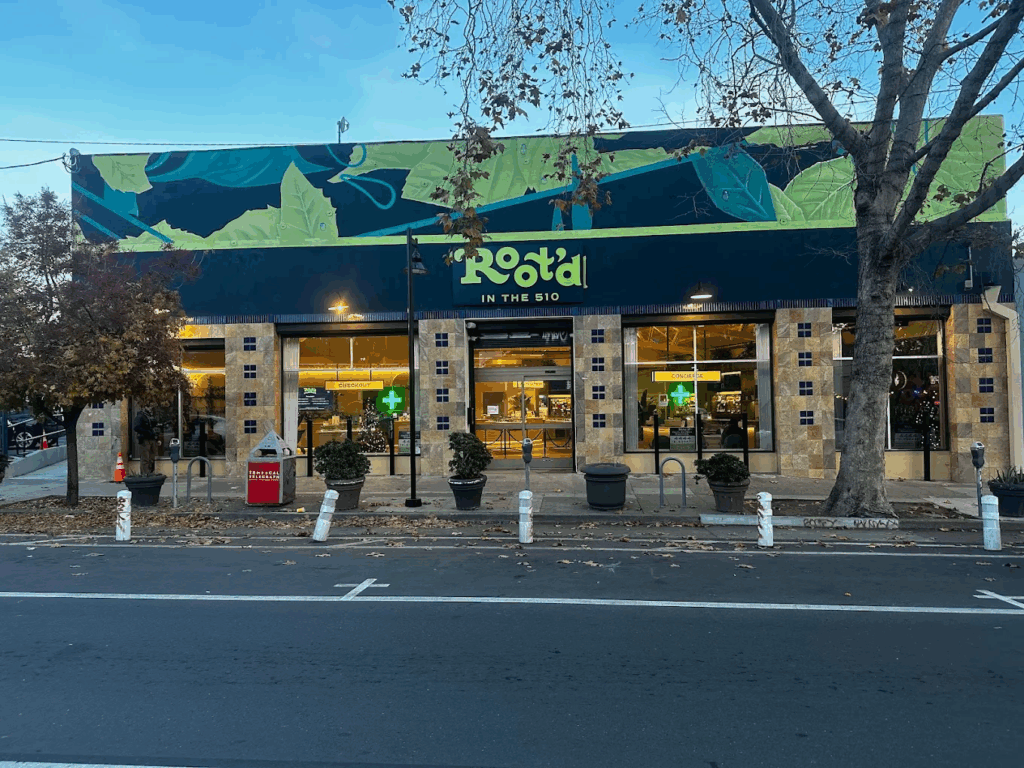

- Root’d In The 510 Equity Weed Dispensary (Oakland) –Root’d In The 510 Equity Weed Dispensary, which officially opened in April 2022 in Oakland’s vibrant Temescal district, stands out as an equity-owned cannabis spot deeply rooted in community values and inclusivity
Barriers: Licensing is expensive, and many cities lack true wraparound support. Equity ownership remains limited despite California’s progressive image.
Texas
Legal Status: No adult-use; limited medical use (CBD-focused)
Equity Support: Nonexistent
Notable Black-Owned:
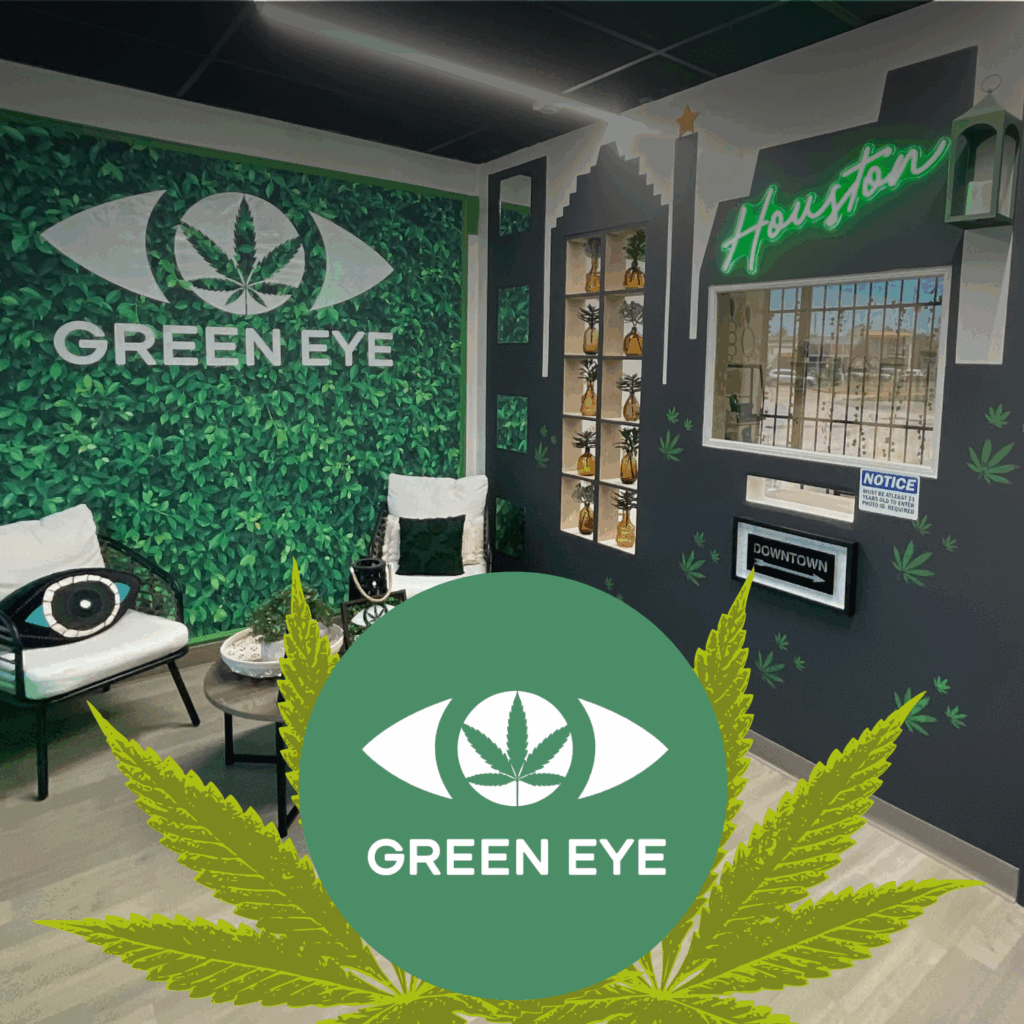

- Green Eye Dispensary (Humble, TX) – Black woman–owned, focused on legal cannabinoid products (non-THC).
Barriers: Restrictive laws and local crackdowns make true equity nearly impossible.
Florida
Legal Status: Medical only; recreational still banned
Equity Support: Minimal, with tight vertical integration requirements
Notable Black-Owned:
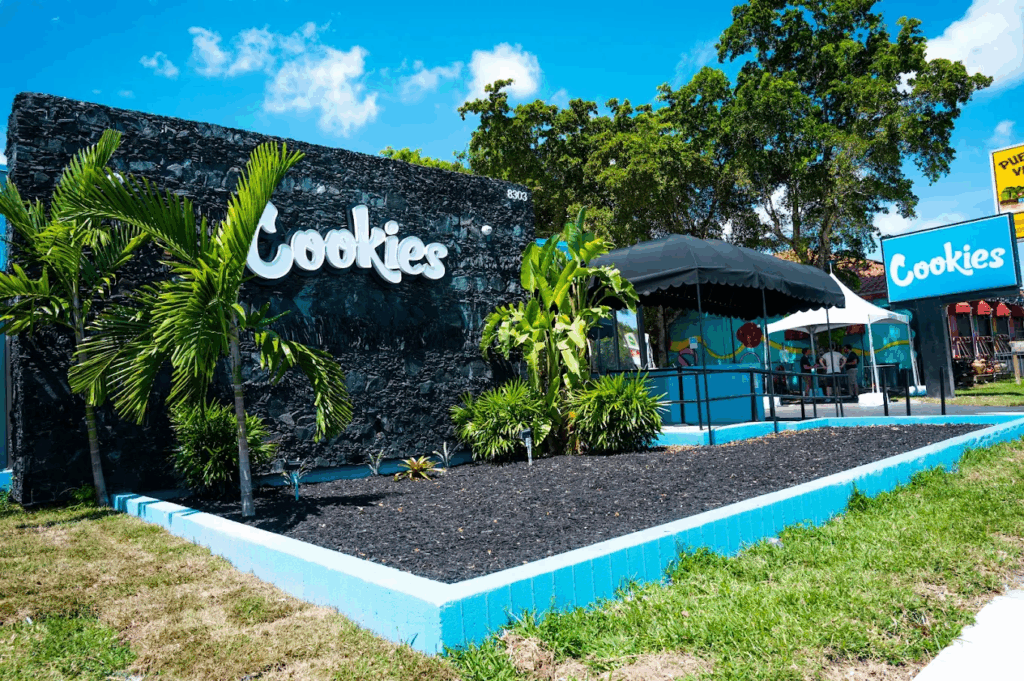

- Cookies Miami: Florida’s first minority-owned cannabis dispensary.
- B NOBLE (Brand): Black-owned line expanding in Curaleaf stores.
Barriers: High entry costs and lack of retail diversity. Equity candidates face long odds without corporate backing.
New York
Legal Status: Adult-use legal; social equity program (CAURD) active
Equity Support: Promising but delayed by lawsuits and bureaucracy
Notable Black-Owned:
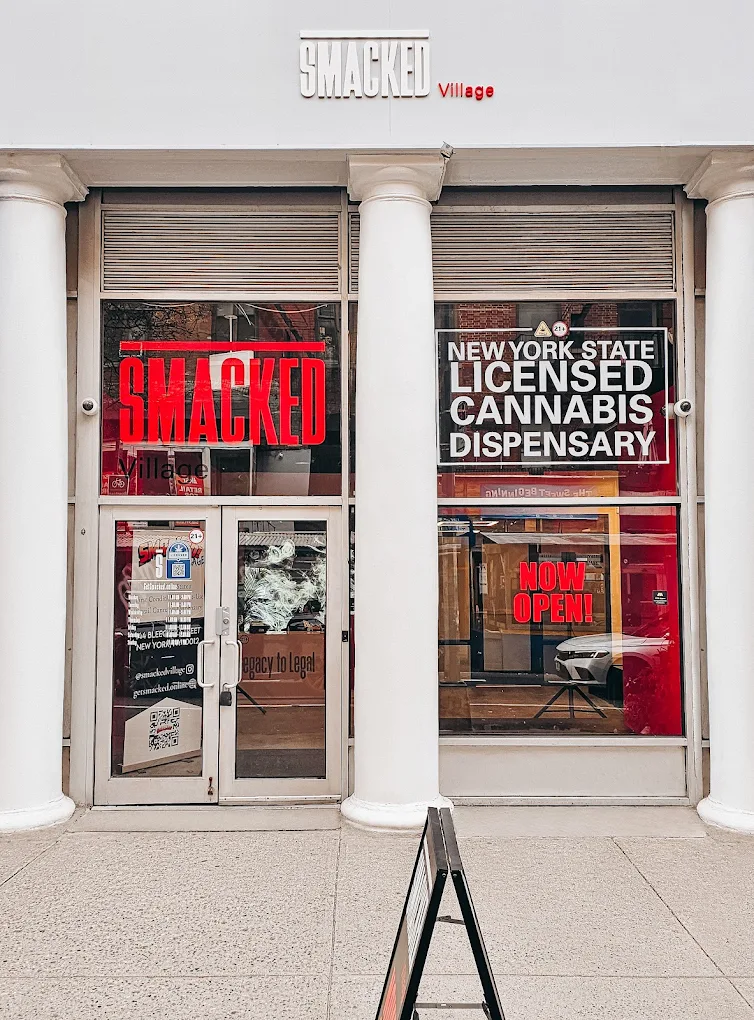

- Smacked Village (NYC): First Black-owned social-equity dispensary.
- Bliss + Lex (Manhattan): First Black woman–owned dispensary in the borough.
- Matawana (Brooklyn): Black- and woman–owned, visited by Mayor Adams.
Barriers: Startup costs, competitive market, and state mismanagement continue to block real access.
Illinois
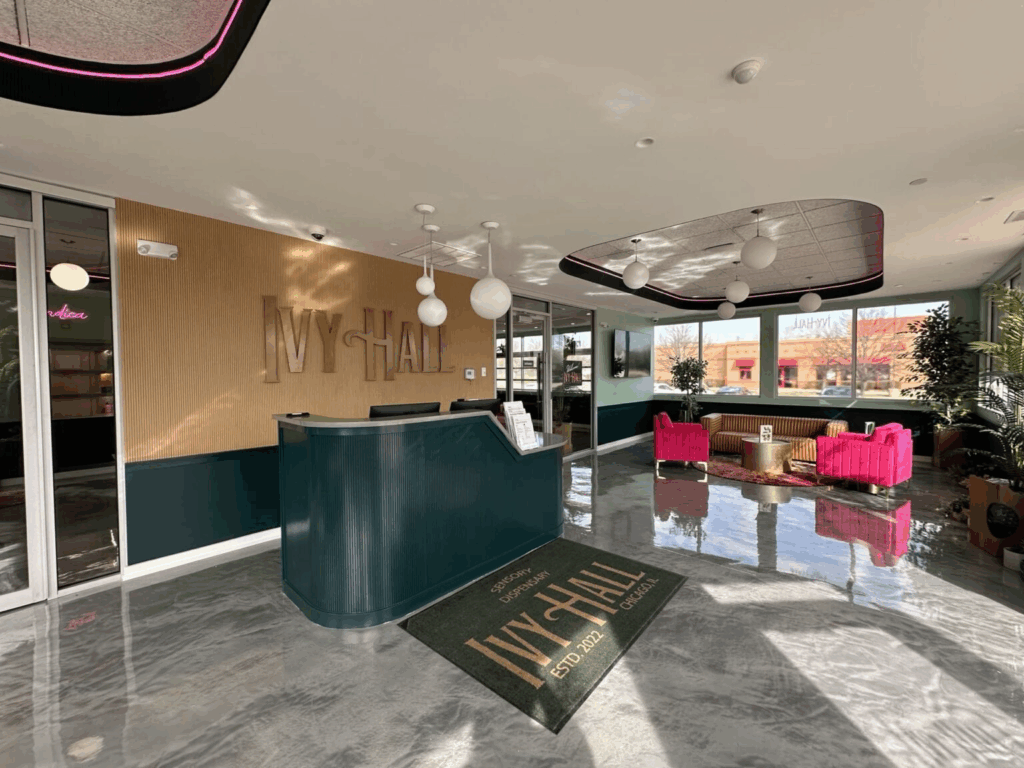

Legal Status: Adult-use and lounges allowed
Equity Support: Social equity licenses exist, but rollout is slow
Notable Black-Owned:
- Ivy Hall (Chicago): Social equity license holder
- The Grasshopper Club (Logan Square): Independent, Black family-owned
Barriers: 180+ equity licenses were issued, but most are inactive due to funding gaps and red tape.
Ohio
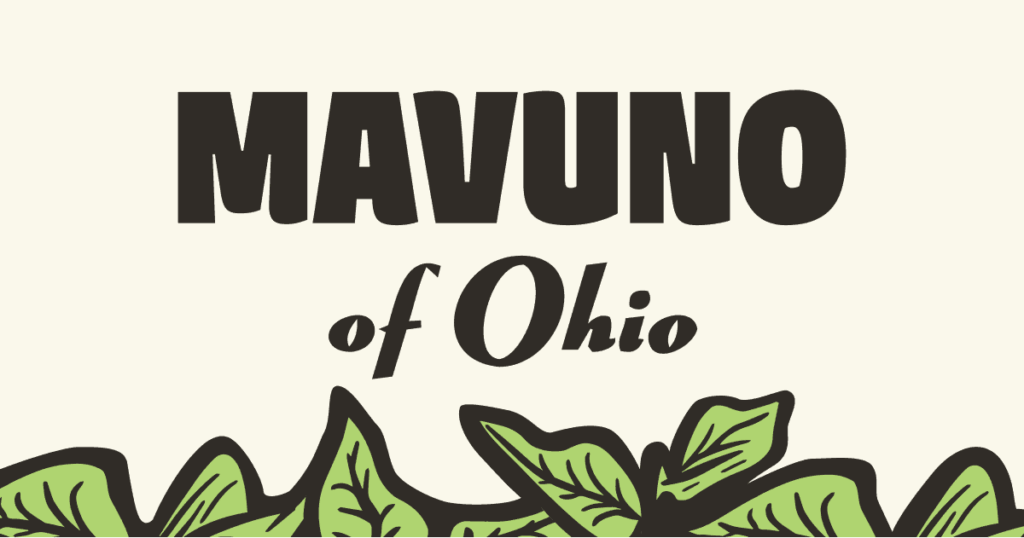

Legal Status: Medical only (adult-use pending legalization roll-out)
Equity Support: Limited and inconsistent
Notable Black-Owned:
- Mavuno of Ohio: First Black-owned vertically integrated cannabis company in the state.
Barriers: Regulatory inconsistency and capital access issues persist.
Georgia
Legal Status: Low-THC medical only; no full dispensary access
Equity Support: None
Notable Black-Owned:
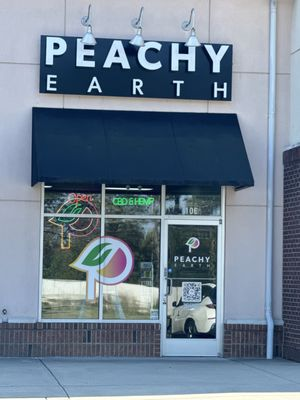

- Peachy Earth is a Black‑owned cannabis brand based in Atlanta that offers a mobile CBD dispensary and distribution service. Founded by Tiara and Raymond Cotton, they specialize in high-quality CBD wellness products (like gummies, tinctures, Delta‑8, and full‑spectrum CBD) and provide same‑day shipping and pop‑up/mobile delivery within the Atlanta Perimeter, aiming to educate and medicate the community with transparency and accessibility.
Barriers: Most cannabis activity is still underground. Legal framework doesn’t support dispensary ownership yet.
North Carolina
Legal Status: No legal dispensaries; only tribal or hemp-based operations
Equity Support: Not applicable
Notable Black-Owned:
- Great Smoky Cannabis Company: Operates on Qualla Boundary (sovereign tribal land).
Highlight: Tribal sovereignty creates a rare legal pathway for public cannabis use in the state.
Michigan
Legal Status: Fully legal adult-use; lounges allowed
Equity Support: Exists but underutilized
Notable Black-Owned:
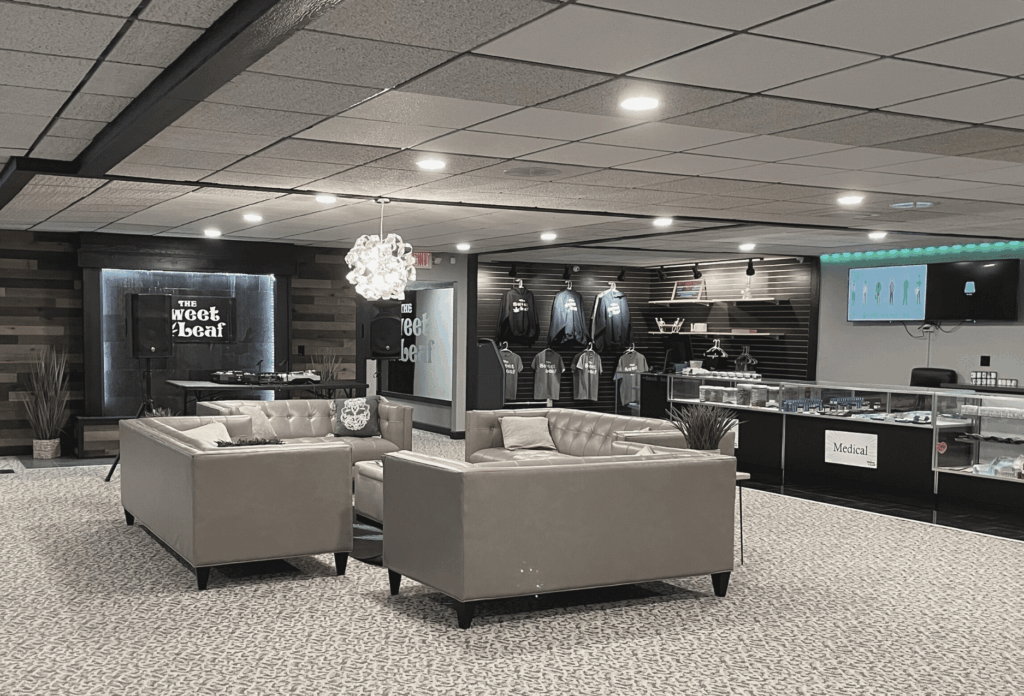

- The Sweet Leaf (Flint): Black-owned shop with a music-inspired vibe.
- Nuggets Cannabis Co.: Legacy operator focused on community reinvestment.
Barriers: Black ownership still trails far behind white-led operations across the state.
Nevada
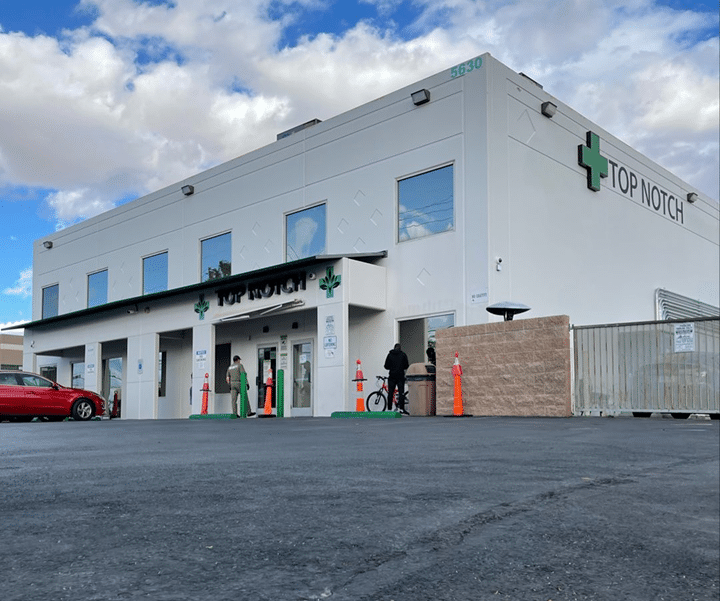

Legal Status: Adult-use and lounges legal
Equity Support: Exists, but underfunded and politically strained
Notable Black-Owned:
- Top Notch The Health Center: Co-owned by Kema Ogden, Nevada’s first and only Black woman dispensary owner. Advocates for equity access and community funding.
Barriers: Lounge licenses were quickly captured by corporate interests, leaving equity applicants in the dust.
New Jersey
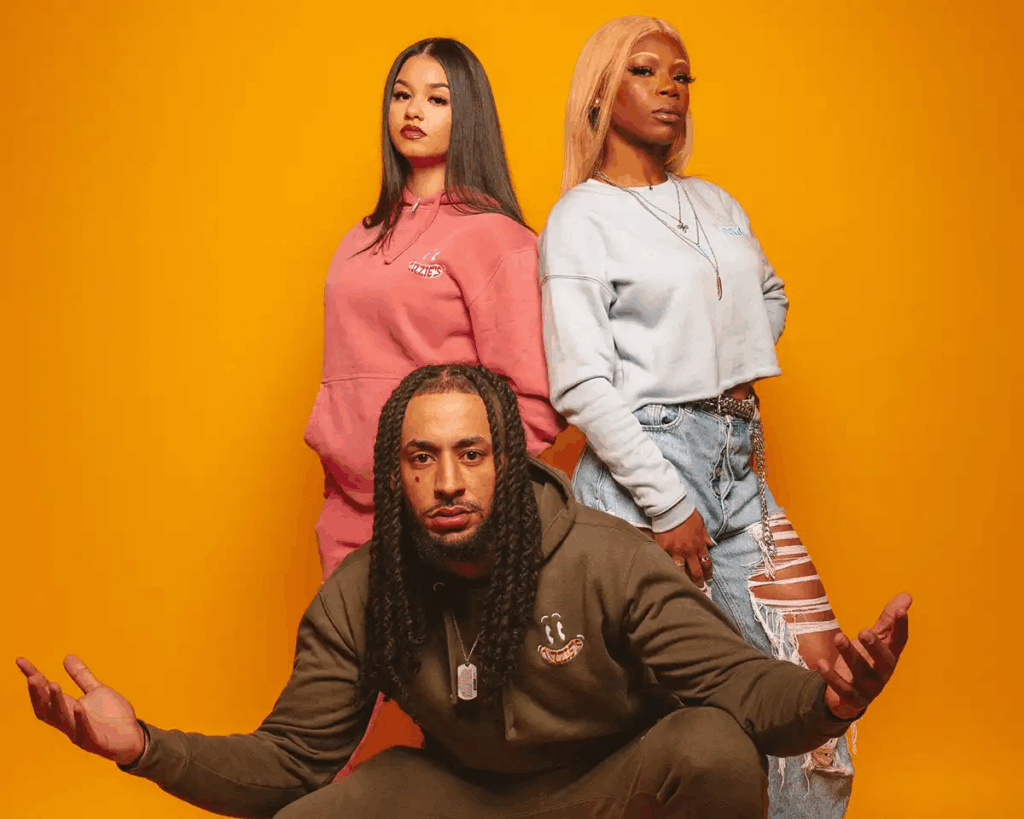

Legal Status: Adult-use legal; lounges permitted but highly restricted
Equity Support: Exists on paper, but often unsupported at local levels
Notable Black-Owned:
- Shop Cuzzie’s: A community-rooted dispensary advocating for cannabis accessibility, education, and ownership equity in NJ.
- None confirmed for lounges. Several Black-owned dispensaries pending or active.
Barriers: Local bans and landlord resistance block most lounge opportunities.
What’s Really Holding Us Back?
Across all states, three issues keep coming up:
- Licensing ≠ Ownership
Just getting a social equity license doesn’t mean you can afford to open a lounge. You still need capital, zoning approvals, and political will. - Public Stigma Still Lingers
Even today, some landlords and city councils treat cannabis lounges like strip clubs, too risky, too loud, too “other.” That stigma hits Black owners the hardest. - Equity Programs Lack Follow-Through
Only 15 out of 36 legal cannabis states even have social equity programs. And most are poorly resourced.
How to Apply This in NJ
New Jersey legalized weed, but let’s not act like that solved everything. If you’re trying to support or build a Black-owned cannabis lounge here, the path is paved with more red tape than opportunity. Still, that doesn’t mean you sit back and wait.
Here’s how to make moves in Jersey, whether you’re a consumer, a creator, or a community leader.
For Everyday People: How to Show Up and Support
Even if lounges aren’t open in your town yet, you can still build momentum:
- Push your city council to allow on-site consumption. Most towns in NJ have local control; they decide if lounges are legal or not.
- Show love to Black-owned dispensaries while we wait. Their success lays the groundwork for lounge expansion.
- Talk about it. Stigma dies in daylight. Normalize the idea of cannabis lounges the way we did bars, hookah spots, and wine tastings.
For Aspiring Lounge Owners
Thinking about building your own spot? Here’s the hard truth and the hope:
- You’ll need capital. NJ doesn’t provide startup funding to equity licensees. Consider community-driven funding models or co-op ownership.
- Find allies in real estate. Zoning laws are vague, and landlords get skittish. Work with people who get it, or better yet, become the landlord.
- Know your voice. Cookie-cutter lounges won’t cut it. Build around culture, not just compliance. That’s what keeps people coming back.
“Ownership ain’t just about profit, it’s about place. It’s about creating a safe, proud space for our people.”
For Towns & Policy Leaders
If your city claims to support equity but hasn’t approved a single lounge? Time to back that talk:
- Create real funding pipelines for equity licensees
- Offer rent support or property access for social-use ventures
- Host public forums to educate residents and fight NIMBY nonsense
Cuzzie’s doesn’t just want to see Black lounges open; we want to see them thrive. But that takes more than licenses. It takes us.
How Supporting Cuzzie’s Advances Cannabis Lounge Equity
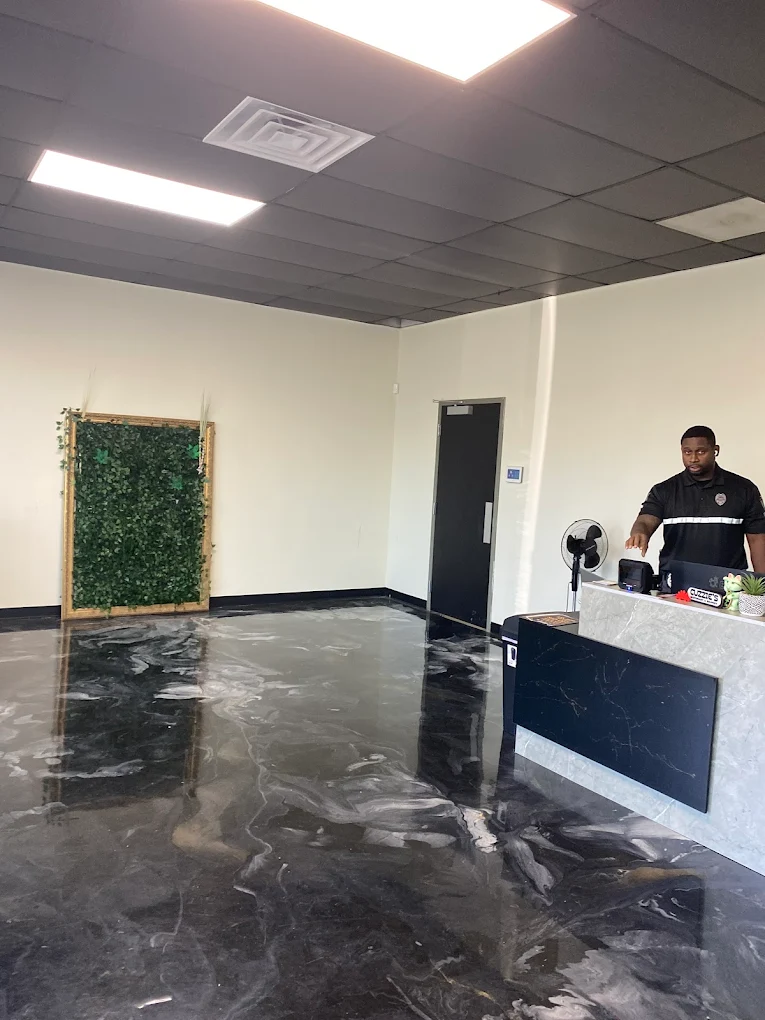

Let’s keep it real: you’ve got a lot of places to buy your weed. But if you care about equity, ownership, and community, Cuzzie’s isn’t just a dispensary. It’s a statement.
Here’s why we hit different.
Prices That Respect the People
We’re not here to tax your vibe. Fair prices aren’t a gimmick, they’re part of the mission. Whether it’s flower, RSO, edibles, or rolling trays, we keep it affordable so everyone eats, not just the big dogs.
Products With Purpose
Everything on our shelves is handpicked for quality, clarity, and cultural relevance. From terp-rich pre-rolls to beginner-friendly vapes, we don’t push product; we guide the experience.
And when lounges finally pop off in Jersey? You better believe we’ll be the first to help curate menus that make sense for the people, not just what looks good on a brochure.
People Who Walk the Talk
This ain’t just a job for us. Our team includes folks who’ve been on both sides of cannabis criminalization, folks who know the plant, the law, and the streets it came from.
We support local entrepreneurs. We uplift equity candidates. And we’re vocal about what needs to change, even when it’s not easy. Because at Cuzzie’s, we don’t just sell weed. We protect the culture.
“Black-owned lounges aren’t a trend, they’re a return. A return to ownership, to joy, to safe spaces rooted in love and lived experience.”
So, if you’re looking to support a business that supports others? Cuzzie’s is the circle. And there’s always room for more at the table.


Final Puff: The Future of Black-Owned Lounges Starts With Us
Cannabis lounges aren’t just about having a spot to spark up; they’re about who gets to own the vibe, the walls, and the wealth.
And let’s be real: Black ownership in this space isn’t where it should be. But we see the sparks. From Kema Ogden holding it down in Vegas to everyday equity fighters in Jersey pushing through zoning drama and capital droughts, this movement is alive.
At Cuzzie’s, we know what it means to build something from the ground up. We’ve felt the weight of laws that weren’t made for us, and we’re still here. Loud, local, and proud.
So whether you’re visiting a lounge, applying for a license, or just rolling up something smooth in your living room, remember: your dollar is your vote. Your presence is your power.
Support Black-owned cannabis lounges. Push for policy that backs real equity. And never forget: we built this. Now we reclaim it.
Disclaimer
This content is for educational purposes only. Laws around cannabis lounges vary by state and municipality. Always consult local regulations before visiting or investing in cannabis businesses.
